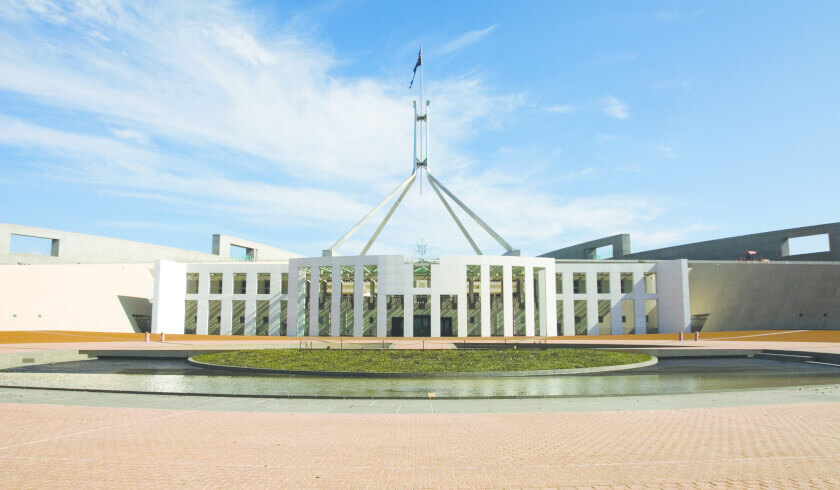What would a change in government mean for property investors?
Amid a changing property market, a new government would inspire more significant shifts in the economy and, ultimately, the real estate landscape. principal economist Tim Reardon identifies two factors that will be most affected by a possible change in government and how they will shape the property market in the near future:

Regulatory interventions by the government have always been a huge factor in shaping the property market. As major markets shift after an unprecedented boom, the government have made moves to maintain the balance in the markets despite property prices decline and the rise of housing supplies.
For one, prior to the major markets peaking, state government have introduced incentives for first home buyers to increase the levels of investment activity.
According to Mr Reardon: “New South Wales and Victoria both had new first home buyer incentives in July last year and we've seen a bounce in first home buyer activity in the market from about 11.5, 12 per cent to about 15, 15.5 per cent.”
When house prices started to fall, the Australian Prudential Regulation Authority (APRA), state governments and other regulatory bodies started to implement constraints to control different aspects of property investment.
For instance, banks have limited investment lending as a response to falling house prices and the royal commission.
“We've seen about three or four billion dollars worth of investor activity exit the market. The big one that investors complain about at the moment, which is a very real dynamic that started in March this year, is the banks constraining borrowers by limiting the amount of money that they will lend them.”
“Restricting borrowers is causing house prices to come back a little bit. Now it's a cycle and it'll play through for 12 or 18 months. It started in Sydney this March and it's now a significant problem in Perth. It's flowed all the way across the country. The first phase of it was when banks audited every mortgage broker in the city, which means that no one can meet a broker for a month. Then, first home buyers find that they can borrow $100,000 less than they could last year.
“We try not to complain much about that because every aspect of the residential home market has been built on having a stable banking system,” Mr Reardon highlighted.
Change in government
The upcoming elections are expected to be a significant part of forecasting for the property market moving forward.
As the property market continues to undergo changes, Mr Reardon encouraged investors to ‘forecast everything and forecast it often’.
“The surplus looked like it was going to be $50 billion when Abbott first announced it four years ago. It's now down to $10 billion, which means that there's a reasonable chance that early next year, they'll be able to announce that this budget is going to be in surplus.”
“It's just the sort of thing that the coalition government would like to have heading into an election—to be able to announce a surplus and some income tax cuts or business tax cuts,” the principal economist said.
If, by any chance, the government will change, two aspects will be undergoing the biggest changes: Tax and population.
Mr Reardon explained: “If you look at population, the coalition have tightened up on net overseas migration over the past 12 months but that may be the end of that cycle.”
“There's evidently some political concerns, particularly coming from Sydney, such as congestion problems from an environmental perspective or a crime perspective. That's going to play out at the next election. From our perspective, we're looking for stable immigration policies.”
In terms of tax, there could be significant changes to capital gains tax, according to the economist.
However, Mr Reardon encouraged the parties to think changes in tax policies thoroughly as they could affect not just the property investment landscape but, more importantly, the local and national economies.
At the end of the day, the changes in policies must align with the dynamics of the markets and, ultimately, the needs of the people.
“If there were a change of government, the Labour Party is likely to take that through to the next election. They had it at the last one. If they do, I think it would be very opportune for them to pause and have a look at the reasons why they introduced that policy back three years ago when it was first announced and how different the market is now, as well as the challenges in the market now.”
“They're so fundamentally different. An increase in capital gains tax to slow investment activity in the market has already happened. It's been done and they should really just take a little bit of time to consider whether that's the right policy for the market,” Mr Reardon concluded.
Tune in to Tim Reardon's episode on The Smart Property Investment Show to know more about how a change in government could impact property and building dynamics.
